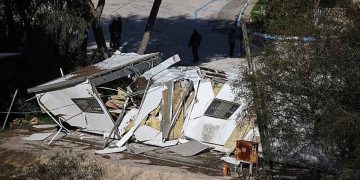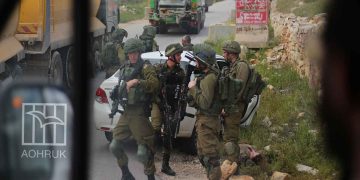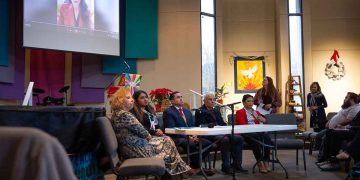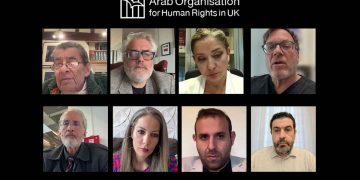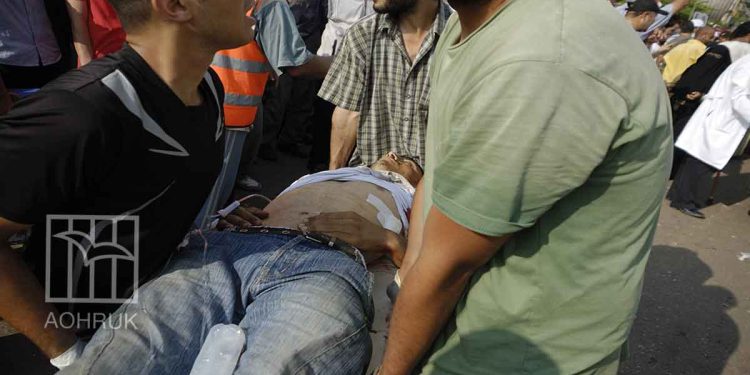Today marks the anniversary of the Rabaa al-Adawiya and al-Nahda massacres, which took place on 14 August 2013, when Egyptian security forces violently dispersed two simultaneous sit-ins in Cairo and Giza using armed force. The operation left hundreds dead and thousands injured in a single day, one of the bloodiest events in Egypt’s modern history.
The dispersal occurred amid civilian crowds peacefully protesting against the ousting of the then-elected president and voicing political demands. However, the security approach turned the squares into scenes resembling a battlefield, with widespread use of live ammunition and the absence of any safe passage for demonstrators to leave.
These events constitute grave violations of the right to life, the right to peaceful assembly, and the right to protection from excessive use of force, rights guaranteed under the Universal Declaration of Human Rights and the International Covenant on Civil and Political Rights, both of which are binding moral and legal references for states.
The tragedy did not end with the dispersal itself; its repercussions have continued for years. The country witnessed widespread waves of arrests and trials targeting hundreds of opposition leaders and thousands of participants in the sit-ins, as well as those merely suspected of sympathising with them.
Many of these detainees were later transferred to the Badr Prison Complex north of Cairo, where “Badr 3” prison has become emblematic of ongoing abuses, including prolonged solitary confinement, denial of family visits, severe restrictions on communication with the outside world, and deprivation of necessary medical care. Such practices constitute violations of Article 10 of the International Covenant on Civil and Political Rights, which stipulates that all persons deprived of their liberty shall be treated with humanity and with respect for their inherent dignity.
Over the years, several prominent detainees, including political leaders, religious figures, and academics, have undertaken open-ended hunger strikes in protest against detention conditions, underscoring the seriousness of the humanitarian situation inside Egyptian prisons.
On this anniversary, the call is renewed for an independent and transparent investigation into the events of 2013, accountability for those responsible for the mass killings, an end to arbitrary detention, and immediate access for human rights and humanitarian organisations to places of detention.
The authorities must also comply with international standards on the treatment of prisoners, including the United Nations Standard Minimum Rules for the Treatment of Prisoners (the Nelson Mandela Rules), which emphasise access to healthcare, the right to contact the outside world, and protection from cruel, inhuman, or degrading treatment.
The continued official silence in the face of these violations, coupled with the lack of genuine steps towards accountability, entrenches a state of impunity and keeps the wounds of Rabaa open, not only in the memory of the victims and their families, but also in Egypt’s human rights record.


